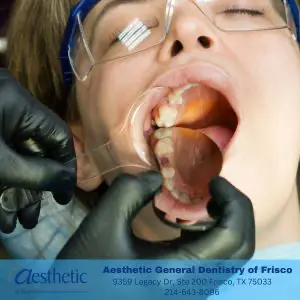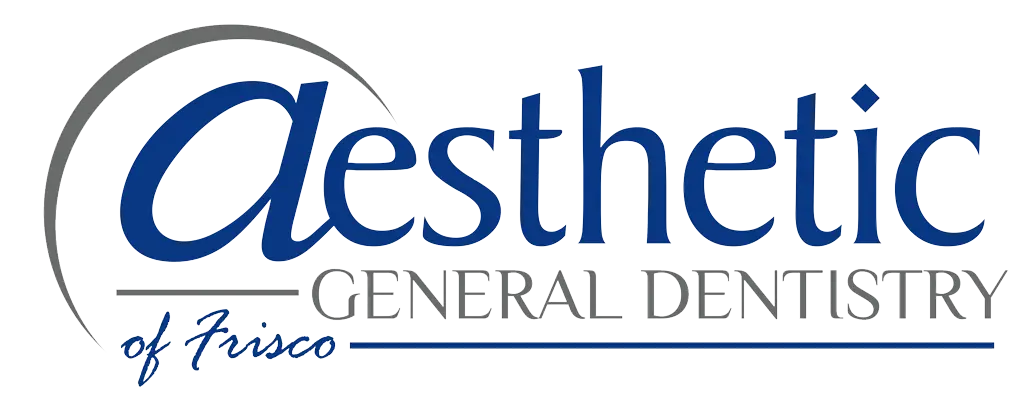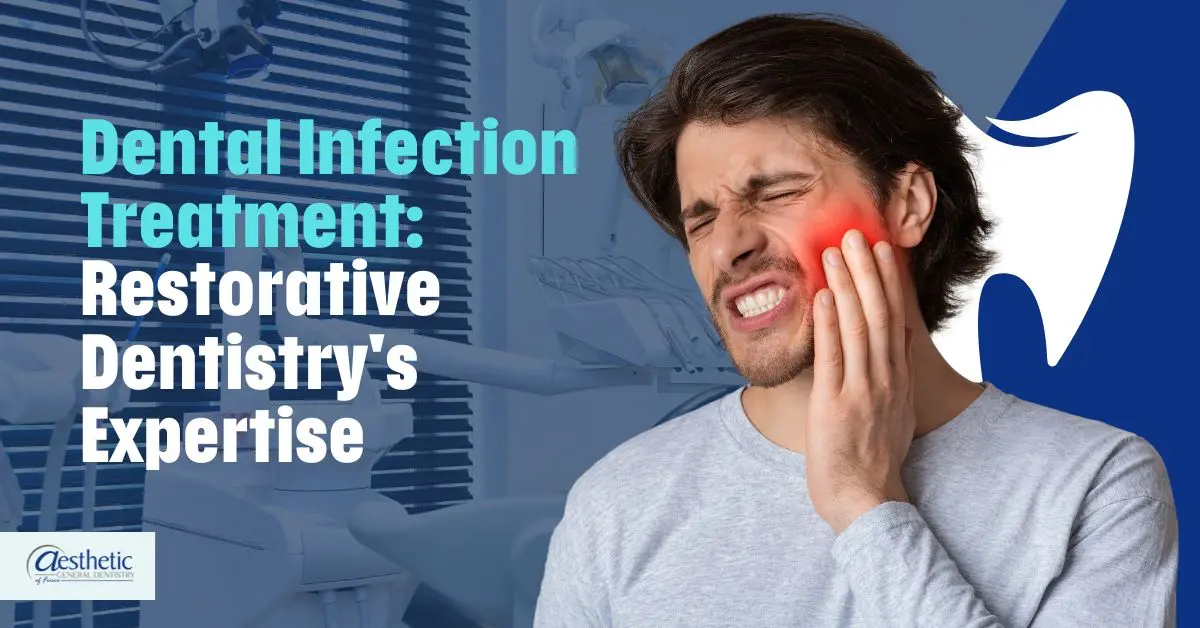Ever had a painful tooth infection and feel like you need to see an expert dentist ASAP? Been suffering for days with facial swelling, pain, and zero relief? You’re not alone – dental infections are no joke and can really ruin your week if not treated properly.
Keep reading to learn more about the signs of a dental infection, what treatments options are available, and what to look for in a dentist to help you start feeling better ASAP!
What You Need to Know About Restorative Dentistry

Restorative dentistry is essentia treatment of dental infections. Dental infections can occur for various reasons, such as deep tooth decay, gum disease, or dental trauma. When an infection reaches the tooth pulp, it can cause significant pain and swelling and even lead to abscess formation.
Restorative dentistry focuses on restoring damaged teeth’ health, function, and aesthetics. In the case of dental infections, restorative dentists employ several techniques to treat the problem effectively. The most common method is root canal therapy, which removes diseased pulp and roots canals are cleansed, disinfected, and filled. This procedure helps eliminate infection and save the natural tooth.
Restorative dentists have the expertise to diagnose and address dental infections comprehensively, ensuring the best possible outcome for patients. Their expertise greatly aids successfully treating and restoring teeth affected by diseases, boosting dental health and life quality.
What causes dental infections?
Various factors can cause dental infections. Here are some common causes:

- Tooth decay: High-sugar diet, poor dental hygiene, sugary foods can lead to tooth decay.When oral bacteria break down sweets, they produce acids that destroy tooth enamel, causing cavities. If untreated, cavities can progress deeper into the tooth, reaching the pulp and causing an infection.
- Gum disease: Gum disease, or periodontal disease, is caused by bacteria in the mouth. Bacteria form plaque, a sticky film along the gumline, it can cause inflammation and infection of the gums. If untreated, gum disease can progress to tooth support structures, causing tooth loss and potentially causing dental infections.
- Dental trauma: Dental Trauma to the teeth, such as a fracture or a deep crack, can expose the tooth’s inner layers to bacteria. This can result in infection if the bacteria get to the pulp, which has blood vessels and nerves.
- Failed dental restorations: In rare cases, dental restorations like fillings or crowns can fall, allowing for germs to get into the tooth and make it sick. This can happen due to recurrent decay around the repair or improper placement.
- Weakened immune system: People with weak immune systems, like those going through treatment or having certain medical conditions, may be more susceptible to dental infections. A compromised immune system can make fighting off infections harder for the body.
Maintaining good oral hygiene, visiting the dentist regularly for checkups, and promptly addressing dental issues to prevent infections are important.
How does restorative dentistry treat infections?
Restorative dentistry is crucial in treating dental infections by addressing the damage and restoring the affected teeth and oral structures. Here’s how beneficial dentistry treats conditions:
- Root Canal Therapy: When a dental infection has penetrated a tooth’s pulp, causing an abscess or severe decay, root canal therapy is often performed. During this procedure, the infected after the pulp is taken out, the root canal is cleaned and sanitized then it is sealed to prevent further infection. The tooth is usually capped with a crown to restore strength and function.
- Tooth Fillings: For smaller cavities caused by bacterial decay, restorative dentistry uses tooth-colored fillings (composite resin) to get rid of the dead tissue and cover the hole. This prevents the infection from spreading further and restores the tooth’s appearance and function.
- Dental Crowns: Dental crowns cover and protect the remaining structure in cases where the tooth is extensively damaged due to infection or trauma. Crowns restore the tooth’s strength, shape, and aesthetics.
- Dental Bridges: If a tooth is lost due to infection or other reasons, dental bridges can replace it. These restorations consist of a prosthetic tooth (pontic) held in place by crowns on adjacent teeth, effectively “bridging” the gap.
- Dental Implants: Dental implants are a long-term answer when a tooth is lost due to infection or other factors. Implants are fake tooth roots that are carefully put into the jawbone and covered with a cap to look like a real tooth.
- Gum Treatment: For gum infections like periodontal disease, restorative dentistry may involve scaling and root planing to remove bacteria and infected tissue, followed by treatments to restore gum health, such as gum grafts or pocket reduction surgery.
Restorative dentistry treats dental infections and focuses on preserving oral health, function, and aesthetics. It addresses the consequences of conditions while promoting the long-term well-being of the patient’s oral cavity. Timely intervention by a skilled restorative dentist is important to stop the spread of illnesses and maintain optimal oral health.
Can dental infections lead to other problems?
Infections in the teeth can cause other health issues if left untreated. Untreated dental infections can spread, causing more extensive oral health issues, abscesses, and tooth loss. They can also contribute to gum disease, which has links to systemic health conditions like cardiovascular disease and diabetes. Chronic pain, facial swelling, and systemic infections are possible consequences.
Getting dental care on time is very important to stop the spread of infections and associated complications, underscoring the importance of promptly addressing dental infections to maintain oral and overall health.
Is dental infection treatment painful?

Dental infection treatment, such as root canals or extractions, is generally not painful due to local anesthesia. The dentist ensures the affected area is numb, minimizing discomfort during the procedure.
Some people may feel some mild pain or discomfort after treatment, which can typically be managed with over-the-counter pain relievers. It’s essential to seek prompt dental care if you suspect an infection to prevent the issue from worsening and causing more pain.
Modern dentistry prioritizes patient comfort, making dental infection treatments far less painful than the reputation they may have had in the past.
Are there preventive measures for infections?
Yes, there are preventive measures to reduce the risk of dental infections:
- Good Oral Hygiene: You should brush your teeth at least twice a day and floss daily to remove plaque and bacteria.
- Regular Dental Checkups: Check up with and clean your dentist regularly to find and fix problems issues early.
- Balanced Diet: Consume a diet rich in eat less sugary drinks and snacks should be eaten
- Fluoride: Use fluoride toothpaste and consider fluoride treatments to strengthen tooth enamel.
- Avoid Tobacco: Quit smoking or using if you smoke, you’re more likely to get gum disease and illnesses.
- Mouthguards: Use mouthguards when playing contact sports or grinding your teeth at night.
- Manage Dry Mouth: Stay hydrated and use saliva substitutes if needed, as dry mouth can increase infection risk.
These preventive measures can help maintain good oral health and reduce the likelihood of dental infections. Regular dental care and healthy lifestyle choices are key to an infection-free smile.
Treat Dental Infections Safely & Effectively With Us!
Trust restorative dentistry to safely and effectively treat dental infections. Our experienced team at Aesthetic General Dentistry of Frisco specializes in root canal therapy, fillings, crowns, and other procedures to address conditions, relieve pain, and restore oral health.
Don’t let dental infections lead to further problems; contact us today to schedule your appointment and ensure a healthy, pain-free smile. Your well-being is our priority.

